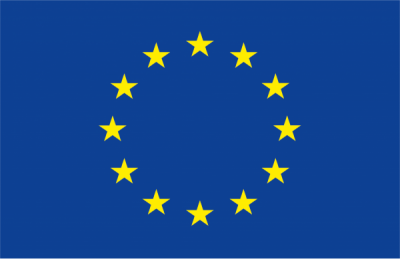TROPHY: Transition Metal Optical Hydrogen Sensors: Enhancing performance through tailored nanostructuring
Hydrogen (H2) is considered an upcoming green energy source because its only by-product when consumed is water, and thus it is foreseen to have a tremendous impact in the evolution of the energy economy. Despite its unique advantages, the use of H2 as a fuel is heavily limited by its high flammability and low ignition energy (0.017 mJ), making it highly unsafe during its production, transportation and use. In order to address these drawbacks, we need H2 sensors that can reliably and safely measure its concentration in different environments.
TROPHY will address this gap by developing highly selective and sensitive optical hydrogen sensors produced by environmentally friendly and low-cost processes. More specifically, we aim to fabricate a class of optical H2 sensors that will exhibit unprecedented sensitivity and extremely low limit of detection (in the ppb regime). This will be achieved by employing a novel and versatile, yet simple, aerosol-based nanomaterial synthesis technique – namely spark ablation – that will allow us to tailor the size and composition of the nanoparticle building blocks of the sensing elements, and consequently to optimize and control the properties of the resulting sensors.
We envision that the technology developed in the framework of this project will enable and support the growth of the hydrogen economy in Europe.
The project EXCELLENCE/0421/0397 (TROPHY project) is co-funded by the European Regional Development Fund and the Republic of Cyprus through the Research and Innovation Foundation.
Budget: €200.000




